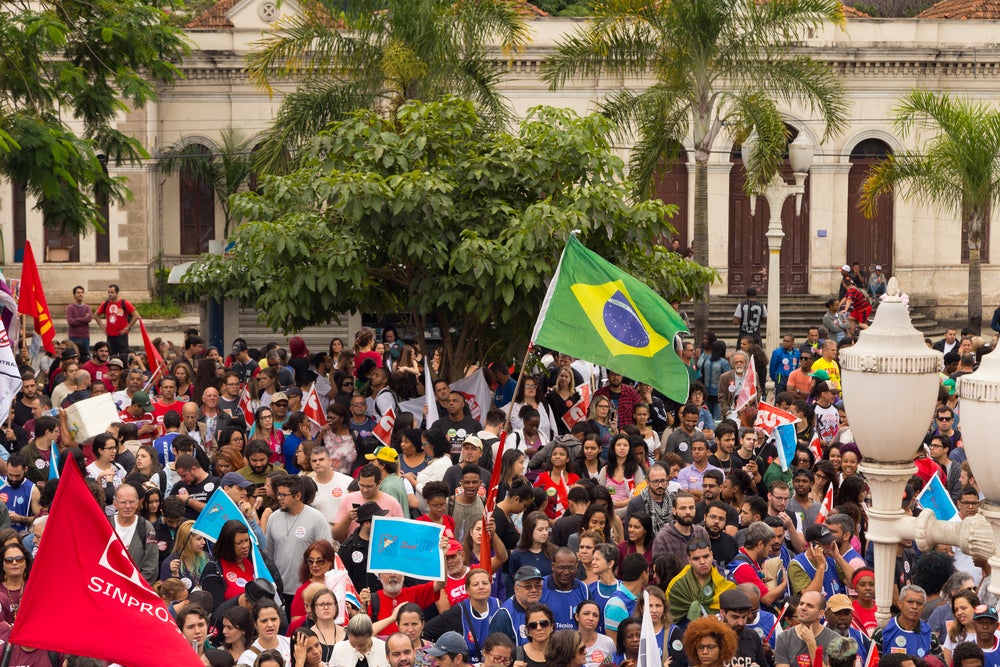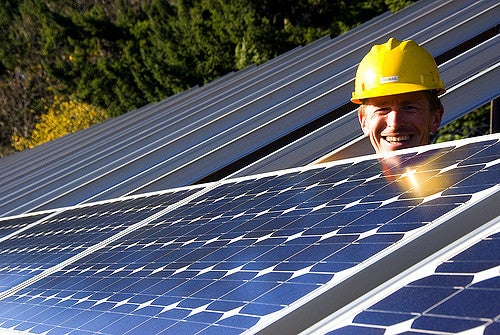Over the last three months, tens of thousands of demonstrators have poured into the streets of Brazil's major cities, blocking roads, clashing with police, and bringing public transport to a halt in protests in which pensions loom large. But Brazil's pension crisis, which has the government trying to raise the minimum retirement age and workers angrily pushing back, will not be … [Read more...] about When Poorly Designed Pensions Threaten the Future
Organized Crime, Eroding Democracy in Latin America and the Caribbean?
Latin America and the Caribbean is rich in natural beauty, cultural diversity, and resources. From the snow-covered peaks of the Southern Andes to the turquoise waters and the silky sands of the Caribbean, countries in the region are diverse in terms of human development, economic activity, and population size. One of the few common denominators they have is the high rate of … [Read more...] about Organized Crime, Eroding Democracy in Latin America and the Caribbean?
Bringing Order to the Fight Against Urban Corruption
Over the last three years, the media in Latin America has been offered a rich harvest of scandal. Brazil's Lava Jato affair, involving the diversion of money from contracts at the state-run oil company to personal and party coffers, has led to more than 200 arrests and 80 convictions. A Guatemalan president and vice-president were driven from office over a multi-million dollar … [Read more...] about Bringing Order to the Fight Against Urban Corruption
Fighting the Fossil Fuel Addiction
For a region that is very vulnerable to climate change, Latin America remains highly dependent on fossil fuels. Around 40% of the region's energy generation still comes from oil, natural gas, and coal. Moreover, supporting fossil fuels is costly to governments. According to a paper by the International Monetary Fund, the average country in the region spends around 1% of its GDP … [Read more...] about Fighting the Fossil Fuel Addiction
Boosting Education in an Unpredictable Century
At college graduations this summer, commencement speakers will rally departing classes to pursue their dreams and unique paths through life. That may be inspiring. But getting a job is far harder today than it was when those commencement speakers went to college a few decades ago. More people have acquired higher education, competition is stiffer, and requirements for even … [Read more...] about Boosting Education in an Unpredictable Century





